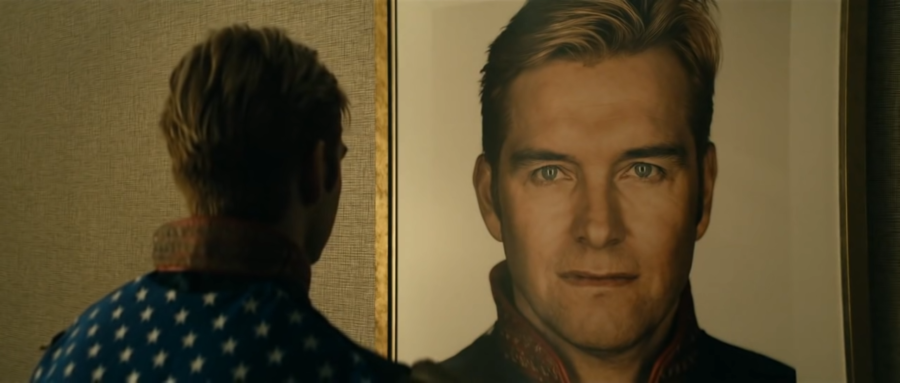- Limelight
- Limelight / Digital
- Limelight / Visual Media
- Limelight / Visual Media / Books
- Limelight / Visual Media / Tv
‘The Boys’ Homelander: A character study
November 16, 2020
Editor’s note: This article contains spoilers for “The Boys” comic book and TV series.
“The Boys” on Amazon Prime recently finished its second season, and it proved yet again to be one of the best written and acted TV shows of recent years.
Readers of “The Boys” comic books are very well aware of the type of person Homelander, one of the series’ main characters, is. In short, he’s a sociopath focused on furthering Vought’s, an in-universe multibillion dollar conglomerate company, bottom line while also maintaining his reputation. As the most powerful man in the world, he recklessly abuses his power on a consistent basis. He does this because he knows Vought will cover up whatever sadism he gets into. Even if it doesn’t get covered up, no one can truly hold him accountable.
Fans of the show know this to be true as do readers of the comics, the difference between the show and the comic is the level of nuance.
In Amazon’s live-action interpretation, New Zealand actor Antony Starr does an excellent job of portraying the personality of Homelander. Starr shows the true vulnerability and multiple faces of Homelander on “The Boys.”
Raised in a lab by cold, unloving scientists, Homelander has very little connection to humanity while, at the same time, he has an obsessive need to be loved by humanity. He wants to maintain his reputation and keep the Vought machine running, anything that doesn’t support these two ideals is meaningless to him. He doesn’t care about saving the day or uplifting people, he just wants to keep up appearances.
But, as all murderous sociopaths must, he feels an affinity toward using his power to let off steam and keep people in line. At the same time, due to his upbringing and his inability to be truly vulnerable with people, he seeks constant attention and admiration. When he cannot get the admiration he so desires, or when he can’t directly get what he wants due to the hierarchical standards of Vought, he lashes out. He searches for control in any way he can, which includes: casually murdering the weak, intimidation, destruction, etc.
These are all the ways he tries to regain agency once he is told he cannot do something. Physically, he can do whatever he wants because he has no weakness.
Starr does a wonderful job of acting with his face, as it shows the level of torment Homelander goes through internally on a daily basis. It’s ironic that the “strongest man in the world” is so chained by the trappings of global admiration that he actually becomes one of the weakest characters in the show.







